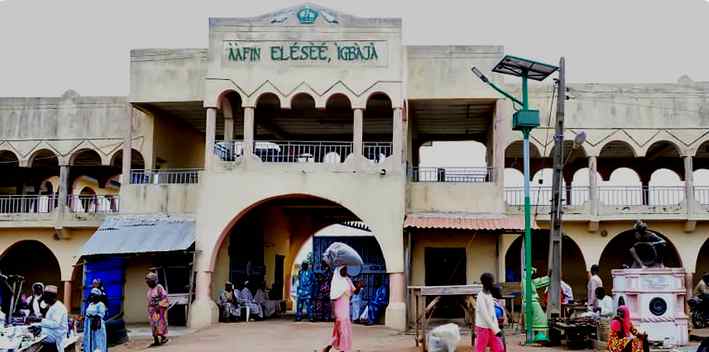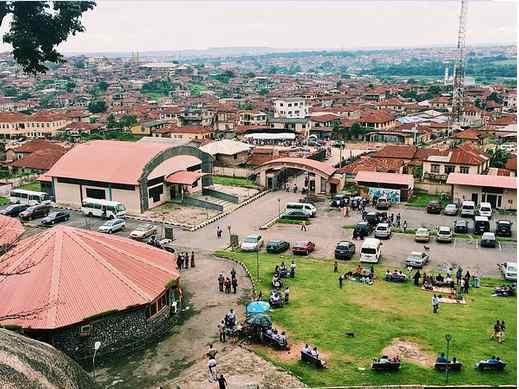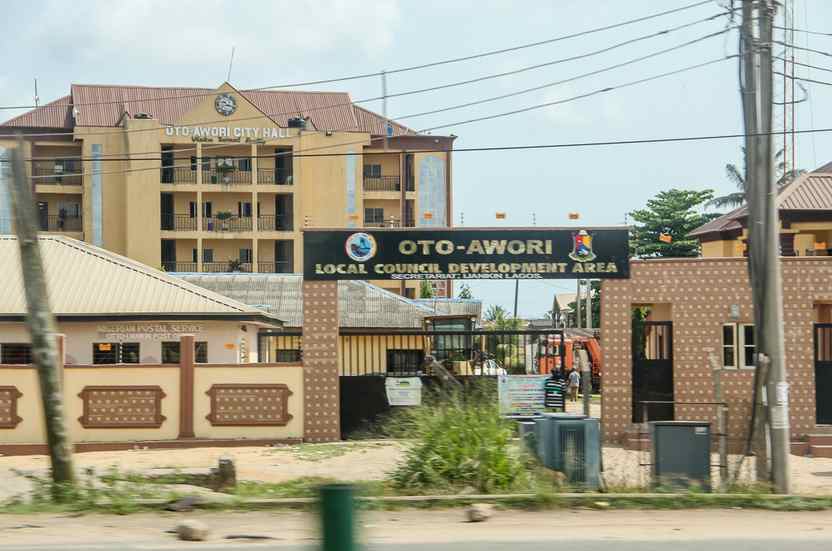
support@yorubalibrary.com
+2348073529208, 07038599574

Igbaja is a prominent Yoruba town located in the Ifelodun Local Government Area of Kwara State, Nigeria. It is widely recognized for its religious heritage, history, and strategic role in the cultural tapestry of the north-central Yoruba-speaking region. Often referred to as the “Jerusalem of Yorubaland”, Igbaja has long been a center for Islamic scholarship and religious activities, while also preserving many aspects of traditional Yoruba identity.
The origin of Igbaja is traced to early Yoruba settlers who left the Oyo Empire in search of fertile land and safer grounds. Oral tradition tells of skilled hunters and farmers who established the community in an area rich in natural resources and well-positioned for defense. Over the centuries, Igbaja became an influential town not just for its governance and trade, but also as a religious and educational hub.
In modern times, Igbaja continues to thrive as a peaceful community where cultural pride, education, and religious devotion coexist. The Oriki of Igbaja reflects this identity—honoring its founders, celebrating its leadership, and praising the hard work and courage of its people.
Location and Geography
Igbaja is situated in the southeastern part of Kwara State, bordered by towns like Omupo, Oke-Ode, and Share. The terrain is predominantly savannah with fertile farmlands, making it ideal for crop cultivation and livestock farming. Its central location in the Yoruba-speaking part of Kwara gives it both cultural and commercial significance.
Cultural and Historical Significance
The town is led by the Elese of Igbaja, the traditional ruler who upholds customs and community values. Igbaja is highly respected for its commitment to Islamic education—home to several well-established Islamic schools and scholars who have contributed greatly to the spread of Islamic knowledge in Nigeria. At the same time, traditional Yoruba ceremonies and chieftaincy titles remain important.
People and Occupations
Agriculture is the backbone of Igbaja’s economy. Common crops include yam, cassava, maize, millet, and vegetables. Many residents are traders, artisans, teachers, and religious leaders. The people are known for their hospitality and strong sense of community responsibility.
Unique Features of Igbaja
• Religious Significance –
Popularly called the “Jerusalem of Yorubaland” for its Islamic heritage.
• Traditional Leadership –
Governed by the Elese of Igbaja.
• Agricultural Strength –
Fertile land and skilled farmers.
• Cultural Balance –
Harmony between Islamic values and Yoruba traditions.
Oriki Ilu Igbaja
Below is the traditional Oriki (praise poetry) of Igbaja town.
Oko Irese omo woyi ra
Woyi ra koma baara igba kigba
Igba kigba kanso lara
Oko irese omo woyi ra
Woyi ra koma baara eru keru
Eru keru abi lala lenu
Oko irese omo ajowu yo oko lenu
Oko irese omo aferu sana iyawo
Oko omo afowo ila reru omo afowo ikan ya iwofa
Oko je mi'le mi o ba teniwa,
Ohun ti mo ba wa ju teni lo
Oko k'ema f'ago remi lekun,
emon ni kie wa fi se tiwa
Oko irese omo boni rese bako ti ofin gba mo
Eyi to ti fin sile koma parun lailai
Conclusion
Igbaja stands as a beacon of faith, culture, and community within Kwara State’s Yoruba-speaking areas.
Need more? Browse through our Oriki Gallery today, at zero cost.

Check out the detailed Oriki of Abeokuta, the capi…

The authentic Oriki of the Awori people, one of th…